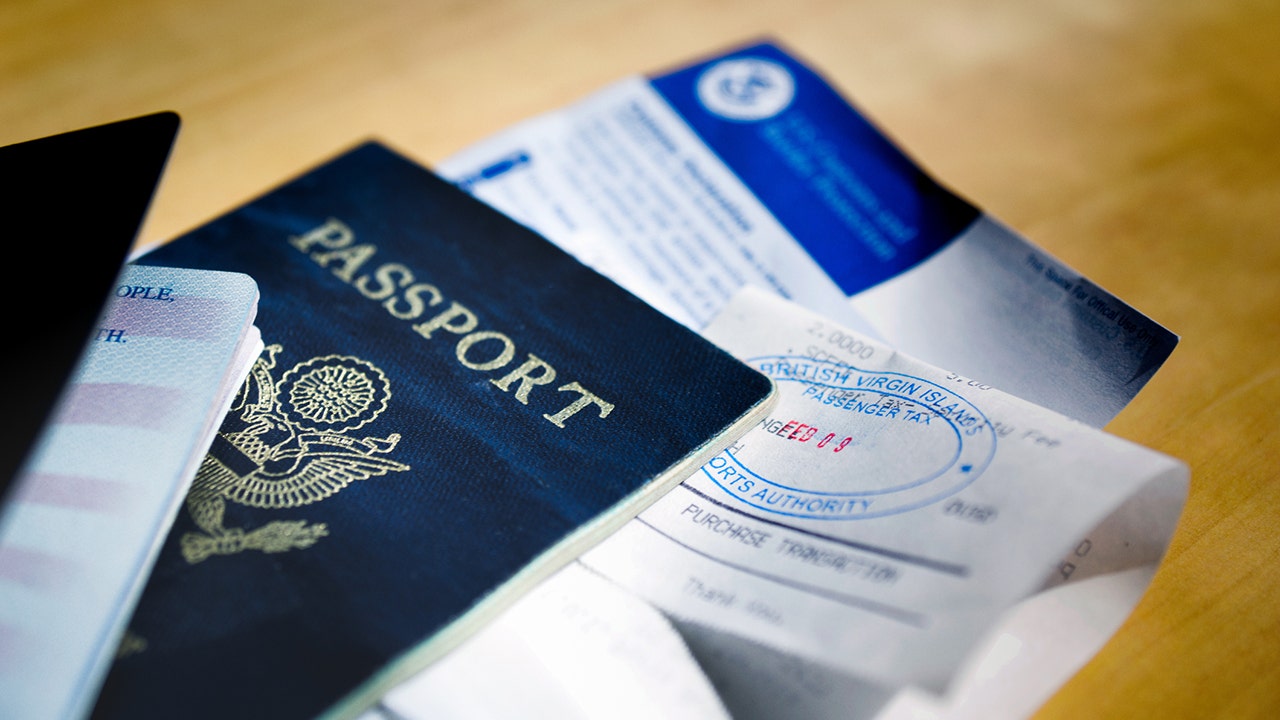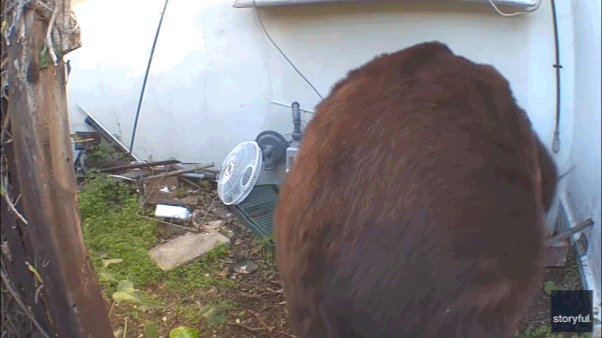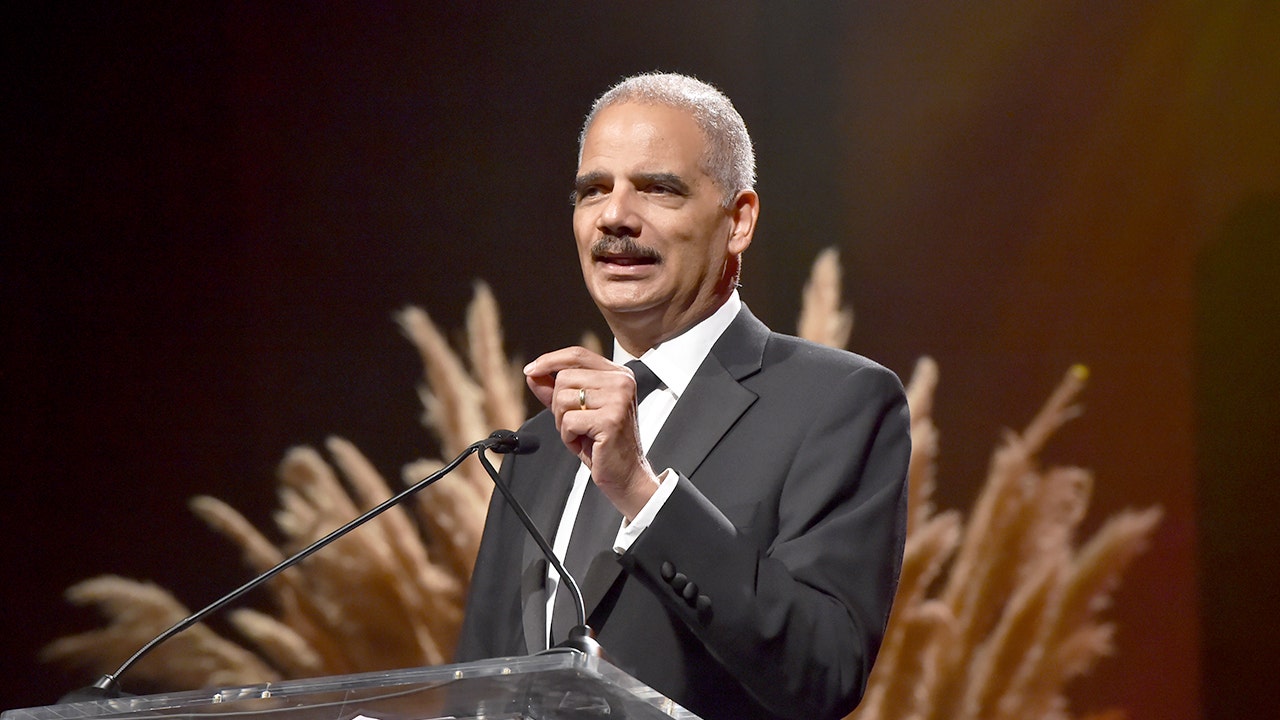NEWYou can now listen to Fox News articles!
Japan is facing its highest number of bear attacks on record, prompting regional authorities to request help from the military and expand incentives for local hunters. Officials and media describe the situation as Japan’s most severe wildlife crisis in decades.
According to data cited by the Japan Times, at least 12 people have been killed and more than 100 others injured nationwide this year, most in northern prefectures such as Akita, Iwate and Fukushima. Bears have been spotted near homes, schools and shopping areas, forcing temporary lockdowns in rural towns.
MAN DIES IN LIKELY BEAR ATTACK AT ARKANSAS CAMPSITE DAYS AFTER SENDING PHOTOS OF ANIMAL TO FAMILY
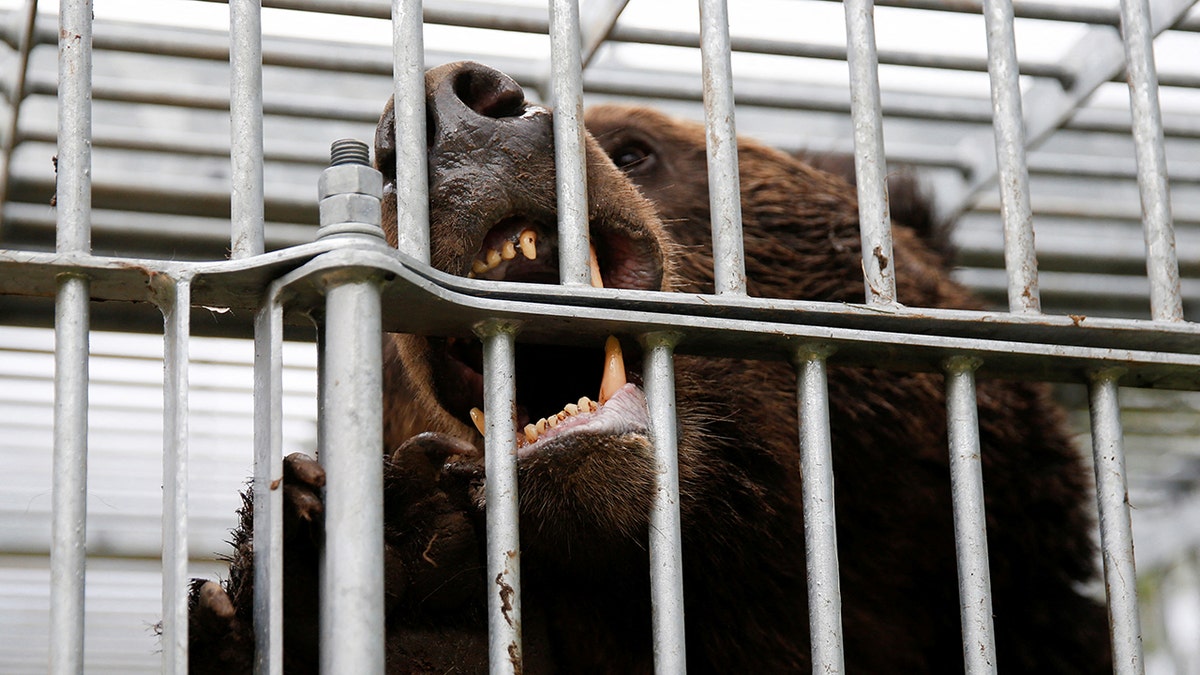
A brown bear chews on the bars of its cage in Sunagawa, Japan. (Reuters)
In late October, Akita Gov. Norihisa Satake formally requested Self-Defense Forces (SDF) assistance after repeated maulings overwhelmed local authorities. The military’s role is strictly noncombat, focusing on logistics such as helping to transport carcasses, set traps and patrol forested zones where bears have been sighted.
Defense officials have clarified that only licensed hunters, not soldiers, are authorized to shoot bears posing an immediate threat.
Japan’s hunter population has been shrinking for years, with roughly 60% of licensed hunters now over age 60, according to Reuters. Many of the traditional matagi bear trackers from northern Japan have retired, leaving rural areas with fewer people to respond to emergencies. To fill the gap, local governments in Akita, Niigata and Hokkaido have increased subsidies, training stipends, and per-bear bounties to attract new recruits.
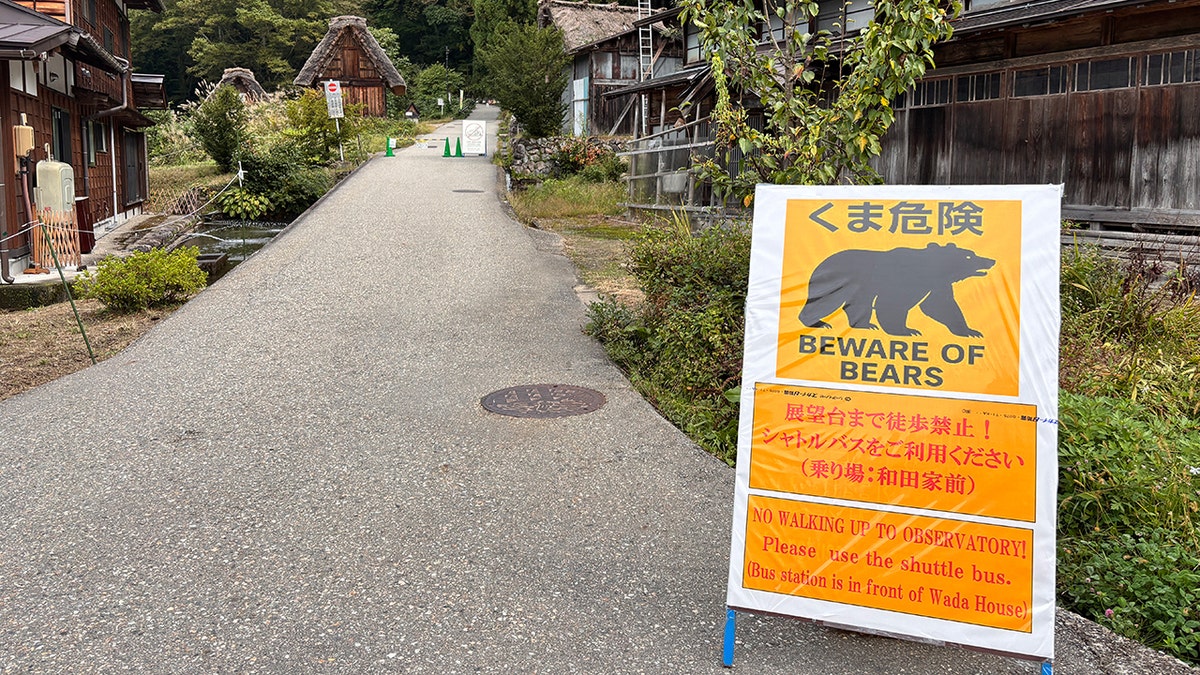
A warning sign is seen at the closed walking trail to the observatory in the Shirakawago district, a UNESCO World Heritage Site, on Oct. 7, 2025 in Hida, Gifu Prefecture of Japan. A Spanish tourist was injured after being attacked by a wild bear in the historical area of Shirakawago here, a UNESCO World Heritage site known for its traditional steep-roofed farmhouses. (VCG via Getty Images)
JAPAN’S FIRST FEMALE PM TO MEET TRUMP: WHAT TO KNOW ABOUT THE HEAVY METAL FAN
Experts attribute the surge to a mix of environmental and demographic factors: poor acorn and beech nut harvests, warmer winters delaying hibernation, and rural depopulation that leaves farmland and buffer zones between forests and towns unmanaged.
The spike in encounters has also reignited a national debate over how to balance conservation with public safety. Bears have long been respected in Japanese folklore and rural culture, symbolizing strength and endurance. But as attacks rise, local residents are demanding stricter control measures, while environmental groups urge humane solutions and better forest management instead of widespread culling.
CLICK HERE TO DOWNLOAD THE FOX NEWS APP
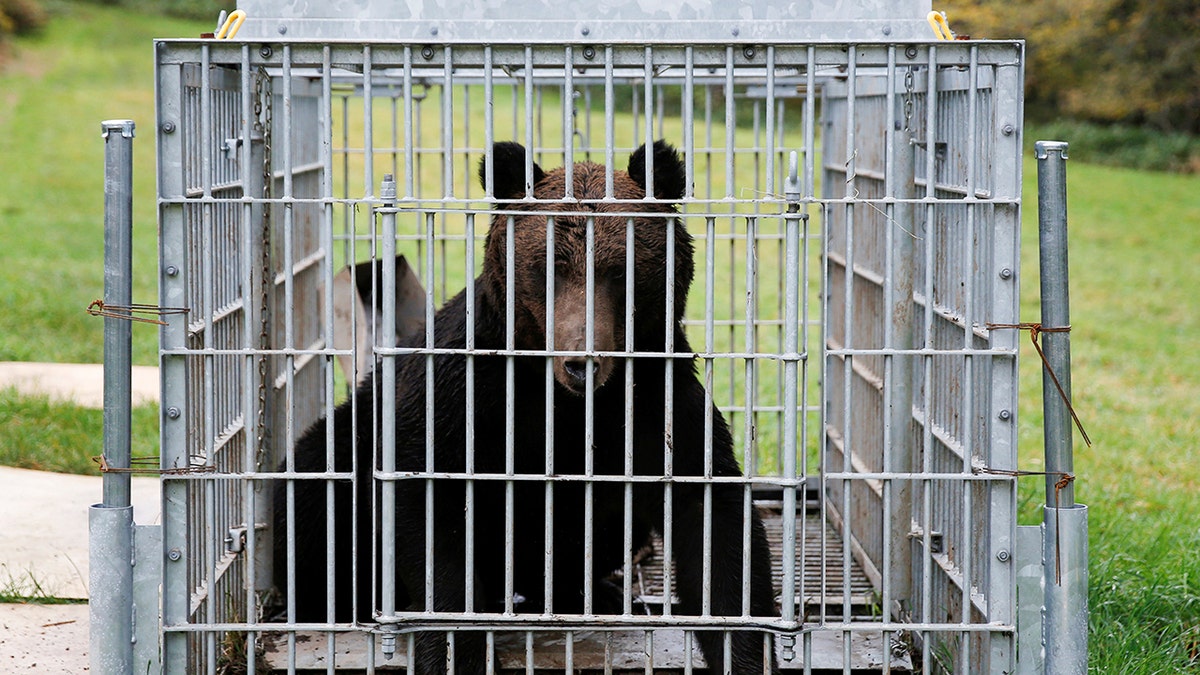
A brown bear is trapped in a cage in Sunagawa, Japan. (Reuters)
Japan’s Environment Ministry has urged residents to avoid forest edges, secure garbage and food waste, and report bear sightings immediately. Officials describe the situation as a wildlife management crisis, not a war on bears, but for frightened residents in the country’s north, the threat feels alarmingly close to one.
Reuters contributed to this report
Efrat Lachter is an investigative reporter and war correspondent. Her work has taken her to 40 countries, including Ukraine, Russia, Iraq, Syria, Sudan and Afghanistan. She is a recipient of the 2024 Knight-Wallace Fellowship for Journalism. Lachter can be followed on X @efratlachter.


